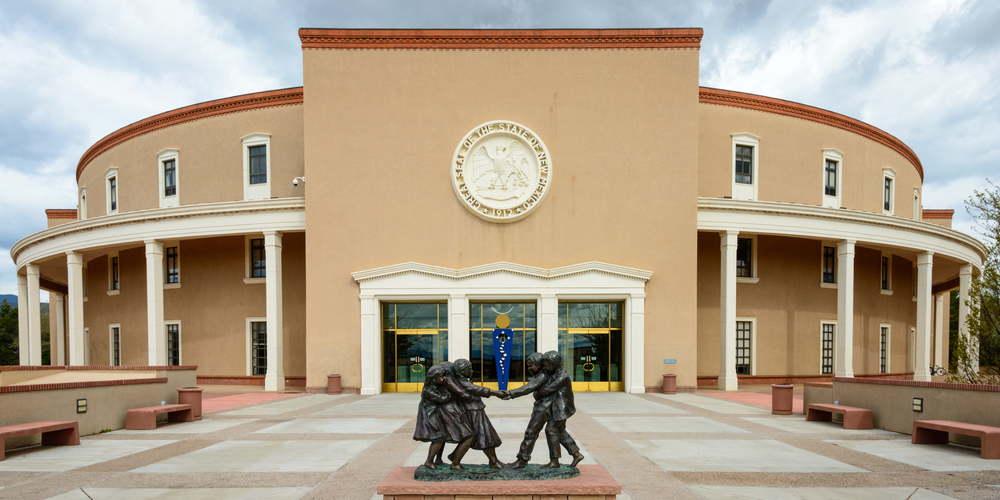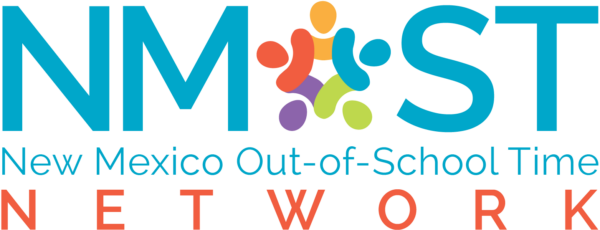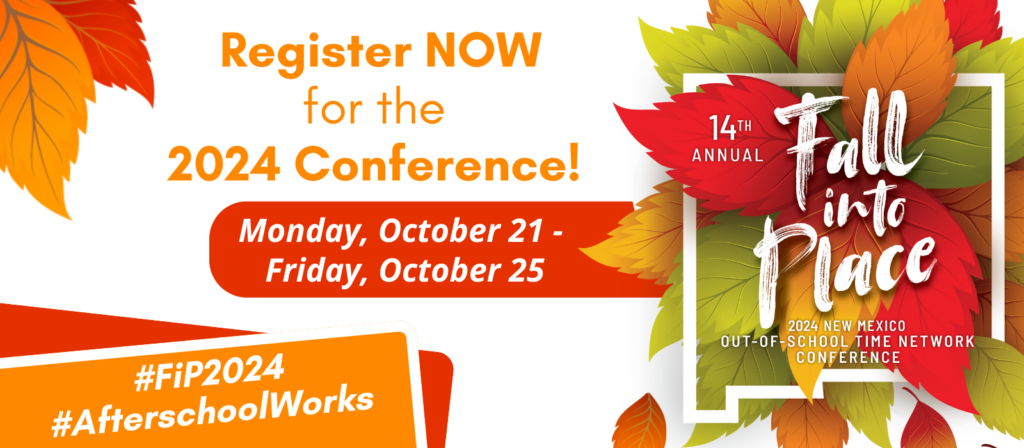Advocacy

Site Visit Guide for OST Programs
Local, state, and federal officials have a vested interest in understanding the existing services in their area of influence. Inviting policymakers to visit your program allows them to see the work that you are doing and enables them to connect to it and better advocate for it. NMOST has developed a Guide to Policymaker Site Visits for afterschool and summer learning programs to use in arranging, preparing for, holding, and following up on policymaker site visits.
New Mexico After 3PM: A series of discussions on the importance of OST in New Mexico
The 2023 New Mexico Legislative Session starts January 17th, so it’s time to discuss the many ways in which OST is essential to New Mexico’s children and youth, families, communities, and businesses. Learn more and prepare yourself to raise your voice in support of out-of-school time to your representatives in the Roundhouse. NMOST is hosting a series of conversations about topics of interest to the OST community to help educate and inform parents, program administrators and facilitators, policymakers, and other stakeholders.
How-tos for the New Mexico State Legislature
Some tips for finding and tracking legislation, and for identifying and contacting your representatives.
Afterschool Alliance
Policy Action Center
Policy, Funding and Sustainability
Read the latest research and policy reports on issues related to funding, cost and sustainability of afterschool programs. Read More
Advocacy – New Mexico Arts
Advocacy Toolkit: This toolkit includes effective advocacy methods as well as overviews on the NM Legislative Structure and Process (how a bill is passed).
Pennsylvania Statewide Afterschool Youth Development Network
Tools and Resources to continue your advocacy efforts. Read More
Rand Corporation Report – The Value of Out-of-School Time Programs
To better understand the value and effectiveness of out-of-school-time (OST) programs, RAND researchers examined programs through the lenses of content, dosage (the hours of content provided), and outcomes measured, focusing on rigorous (i.e., experimental or quasi-experimental) large-scale evaluations and meta-analyses. The overall conclusion is that OST programs are generally effective at producing the primary outcomes that would be expected based on their programming. However, the primary benefits of such programs are often understudied or underreported. When making funding decisions, federal, state, and local governments and private foundations should consider all the benefits that programs provide to youth and families and emphasize program quality.
After-School Data: Six Tip Sheets on What Cities Need to Know
Six tip sheets from the Wallace Foundation that offer an easy way to learn about using data to boost afterschool programming.
- Introduction
- ‘X’ Marks the Spot: Using Data to Map Needs and Supply
- All in Favor: Using Data in Advocacy Work
- Made to Measure: Using Data to Improve Accountability
- From Good to Great: Using Data to Assess and Improve Quality
- Fairshare: Data-Sharing Strategies that Work
The Case for Investing in Out-of-School Learning as a Core Strategy in Improving Science, Technology, Engineering, and Math (STEM) Education – April 2016
A paper from the STEM Education Coalition: Exposure to formal and informal learning in STEM subjects, beginning at an early age and continuing through high school, prepares our nation’s students for the future ahead. Supporting quality science, technology, engineering, and mathematics education for all children and youth is therefore vital to our country’s social and economic prosperity. The purpose of this brief is to summarize what we know, what we are still striving to learn, and what we must do through public policy to achieve this goal.
AFTERSCHOOL STEM Hub
Here, advocates for high-quality after school learning in science, technology, engineering and math (STEM) will discover the most effective ways to make the case for expanding and supporting afterschool STEM programs. Thanks to careful and extensive research performed by the FrameWorks Institute, a non-profit communications think tank, we have a solid understanding of average Americans’ perceptions about STEM learning and the out-of-school time environment, as well as reliable, tested ways of positioning afterschool STEM that can overcome any communication roadblocks. Read More
Federal Information
Contact your US Senator
Martin Heinrich, Democrat – Learn More about Martin
303 Hart Senate Office Bldg, Washington, DC 20510, 202.224.5521
Ben Ray Luján, Democrat – Learn More about Ben
498 Russell Senate Office Bldg, Washington, DC 20510, 202.224.6621
Contact your US Congressional Representative
Melanie Stansbury, Democrat, District 1 – Learn More about Melanie
Gabe Vasquez, Democrat, District 2 – Learn More about Gabe
Teresa Leger Fernandez, Democrat, District 3 – Learn More about Teresa
How a bill becomes a law – Read More
Track Federal Legislation – Read More

